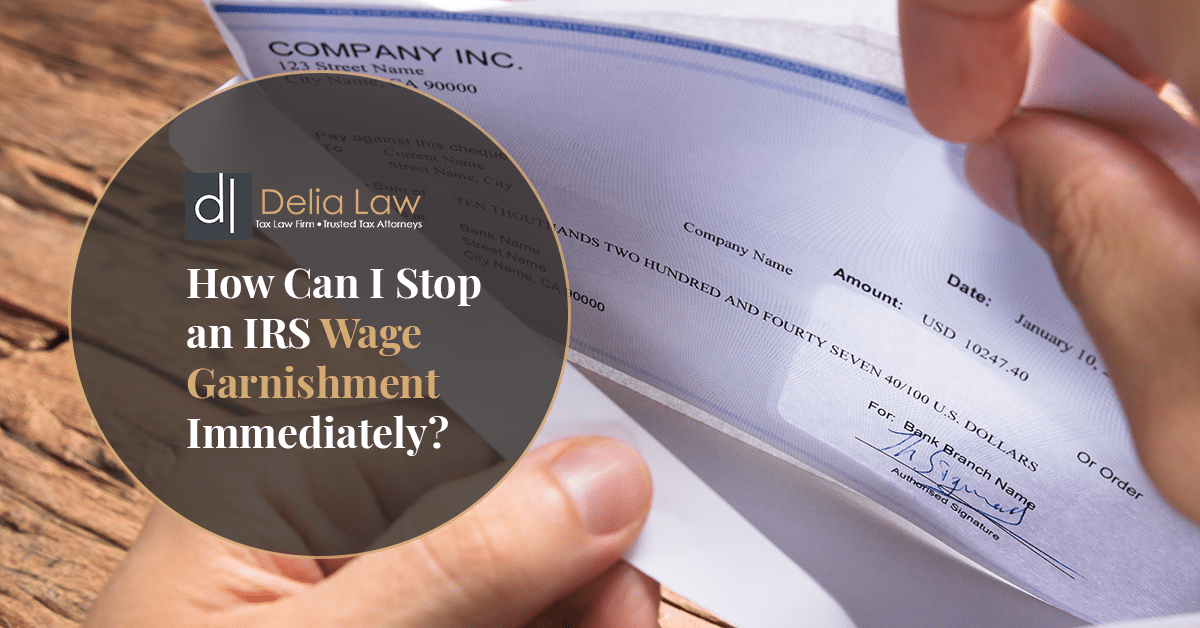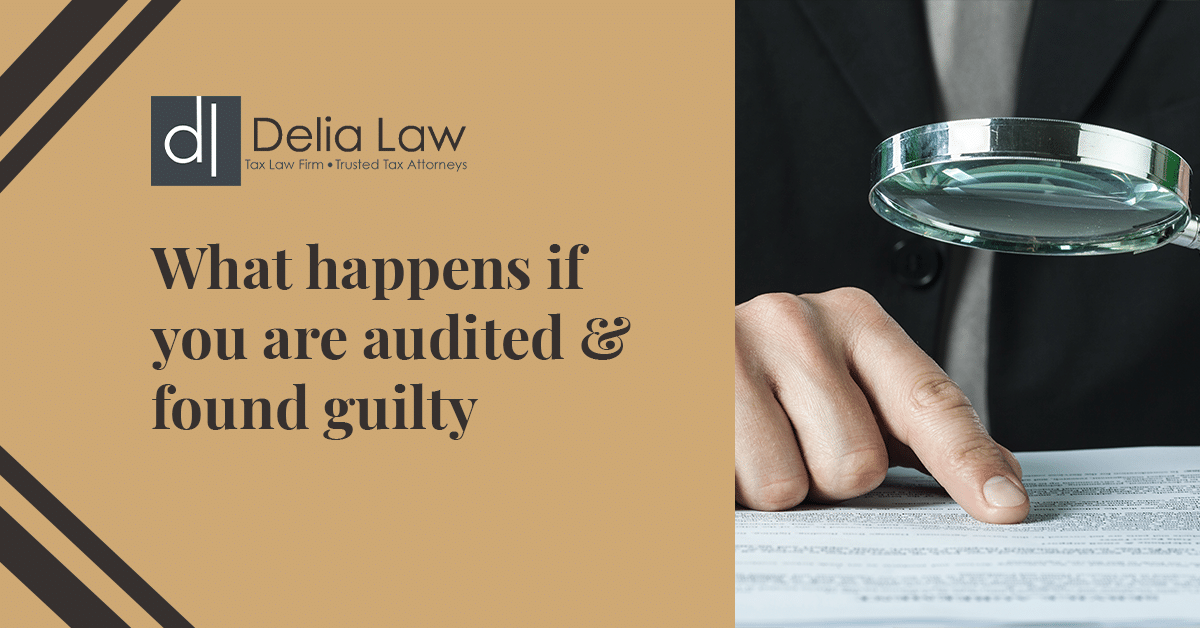If you live in Baltimore, Maryland, and have recently received an official notification from the IRS that you’ve been selected for a tax audit, you may be feeling apprehensive, upset, or both. While it’s normal to feel a bit nervous in advance of an unfamiliar process—especially one with as many financial impacts as an IRS audit—learning what comes next can help you feel less intimidated. This brief guide to IRS audits & tax audit help in Baltimore, Maryland, will get you started.
What Is an IRS Audit?
The IRS is charged with the enforcement of tax law and collecting all taxes—a responsibility that involves examining all tax returns. Periodically, the IRS will determine that it needs more information to confirm that all income was reported as mandated by tax laws or that the amount of tax reported was correct. To do so, the IRS sends correspondence via mail, to which you must respond with the appropriate documentation.
The IRS generally orders an audit of information within three years of filing the tax return in question. However, if there is a serious issue, you can still receive an audit notice for any of the past six years. As such, most Baltimore residents’ first step upon receiving an audit notice should be to determine which tax filing the audit covers.
Understanding Your Audit
For most area residents, the reasoning behind an audit is difficult to determine without the aid of an IRS tax audit professional. In some cases, the IRS randomly selects returns for audit or may screen your return for deviations from tax norms like rounding up your deductions. Alternatively, you may be subject to audit due to your affiliation with other individuals or investors selected for an audit or filing type.
Depending on the information mentioned in the correspondence, you may need to prepare to undergo an audit in person—at a Baltimore area IRS office, your tax preparer’s office, or at your home or place of business. Alternatively, some reviews can take place by mail, and you’ll simply need to mail in the requested documents. Documents you may need to produce include:
- Bank statements
- Receipts
- Canceled checks
- Bills
- Loan documents
- Trip logs
- Theft and loss documents
- Employee documents
- Schedule K1 documents
Do You Need IRS Audit & Tax Audit Help in Baltimore, Maryland?
If you’ve received audit correspondence from the IRS, you should act quickly. Once you feel more comfortable with the fact that this audit is happening, your next steps are to seek the help of a qualified tax attorney. Then, begin to get organized. Gather all records from the tax year under examination and make copies so you can retain the originals. Carefully note the date your response is due to the IRS and respond as requested well in advance.
Avoid giving information unless it is necessary—although you should be prepared for an audit, provide only the documents related to the matter under discussion. If the IRS makes changes, you may either accept or contest them; it’s important to read the resulting documentation carefully and ensure you understand. Then, you’ll need to schedule a payment or contest the findings.
Delia Law Can Help
Most Baltimore residents find they need professional tax law knowledge and guidance throughout the process. Fortunately, Delia Law can help. Our extensive tax law experience means we have a wealth of knowledge regarding serious tax issues of all types. Our professional attorneys strive to investigate your tax situation thoroughly to ensure we present the best tax audit solution for your needs. We’ll assist you with the process and ensure your case reaches the best possible conclusion. Contact us today for a free consultation.
Why a Tax Lawyer or Attorney Is a Good Idea
If you live in Baltimore, Maryland, a qualified tax firm like Delia Law can help you throughout the process, from helping you determine which information to share to help strengthen your case to understanding the proposed charges. When it’s time to review the IRS findings, a tax attorney can help you interpret the documents and determine whether you agree or disagree with the results. If necessary, an attorney can also help you with mediation, filing an appeal, and determining the statute of limitations.
About Maryland Tax Laws
Maryland includes a state personal and corporate income tax in addition to federal income taxes. Both taxes apply to earned income such as salary, hourly wages, commissions, tips, and bonuses as well as unemployment and leave benefits. Maryland also taxes unearned income such as interest, sales profits, dividends, royalties, gambling income, and business income.
If you are an individual Maryland resident or nonresident or have interest in an estate or trust, you’ll need to pay between 1% and 5.75% tax on your net income. However, partnerships are not taxed in Maryland. Taxes proceed as follows:
- $1 to $1,000—2%
- $1,001 to $2,000—$20, plus 3%
- $2,001 to $3,000—$50, plus 4%
- $3,001 to $100,000—$90, plus 4.75%
- $100,000 to $125,000—$4697, plus 5%
- $125,000 to $150,000—$5947.50, plus 5.25%
- $150,000 to $250,000—$7260, plus 5.5%
- $250,000+—$12,760, plus 5.75%
Also, Maryland residents may need to pay additional taxes related to a business. Specifically, corporations and associations with income that must be allocated to the state of Maryland must pay 8.25% of net income in taxes.
Finally, depending on whether you live within Baltimore City itself or within another of the 23 counties that levy separate local income taxes, you’ll see another tax, which is taken as a percentage of your net income and determined by local officials—usually between 2% and 2.5%.











